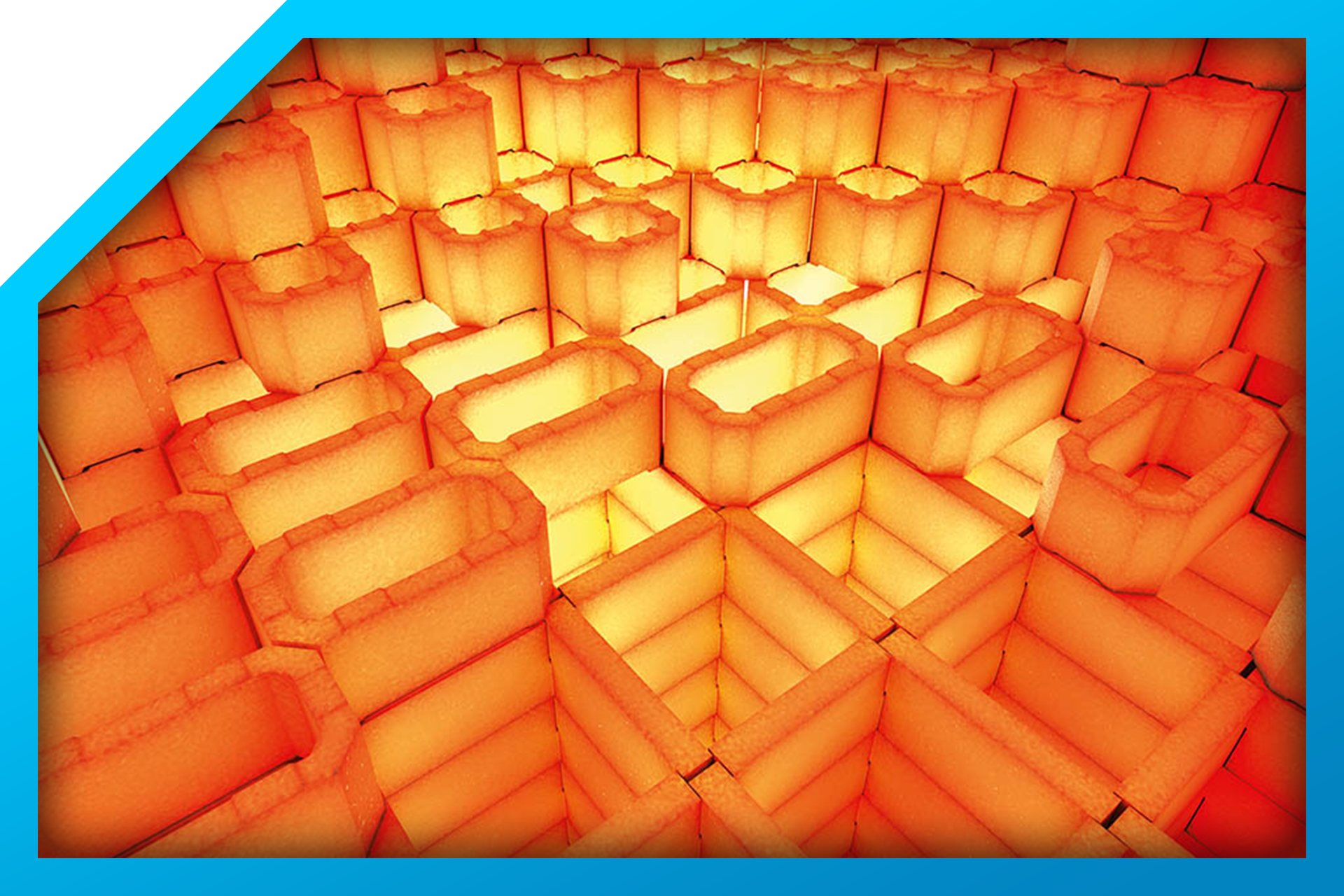
Refractories
Because of its high thermal conductivity and resistance to thermal shock, vein graphite is used in the manufacture of refractory materials.

Refractories
Because of its high thermal conductivity and resistance to thermal shock, vein graphite is used in the manufacture of refractory materials.

Batteries
Vein graphite is an important component of lithium-ion battery anodes as it is ideal for use in high-performance batteries due to its high purity and conductivity.

Nuclear reactors
Owing to its ability to slow down and deflect neutrons, vein graphite is used as a moderator and reflector in nuclear reactors.

Lubricants
Bearing properties such as low friction and high thermal stability, vein graphite is used as a lubricant in high-temperature and high-pressure applications.

Electrodes
Because of its high conductivity and low resistance, vein graphite is used in electrical applications such as electrodes and current collectors.

Foundry Coatings
Vein graphite is used to improve the surface finish and reduce defects in metal castings.

Energy Storage Devices
Vein graphene has a high surface area and excellent electrical conductivity, making it an attractive material for energy storage applications. It can be used in supercapacitors, batteries, and other forms of energy storage.

Sensors
Vein graphene can be used in a variety of sensor applications, including biosensors, transistors, gas sensors, and humidity sensors. Owing to its high sensitivity and quick response time, it is an appealing candidate for sensing applications.

Water Filtration

Biomedical Applications
Vein graphene has the potential to be used in biomedical applications such as drug delivery systems, tissue engineering, and bioimaging. It is a promising material for these applications due to its high biocompatibility and low toxicity.

Graphene Ink
Graphene also displays numerous other properties such as its compliance to be patterned and ability to create transparent conductive films - this is proved useful in making graphene ink, used in applications such as electronic circuits, solar cells, inkjet and screen printing and touchscreens.

Concrete and Bitumen
Graphene's resilient nature makes it the ideal additive to concrete as it enhances its strength and lifespan and leaves minimal carbon footprint. Graphene-added bitumen has proven to make roads more durable to wear and tear and less susceptible to cracking under fluctuating temperatures,